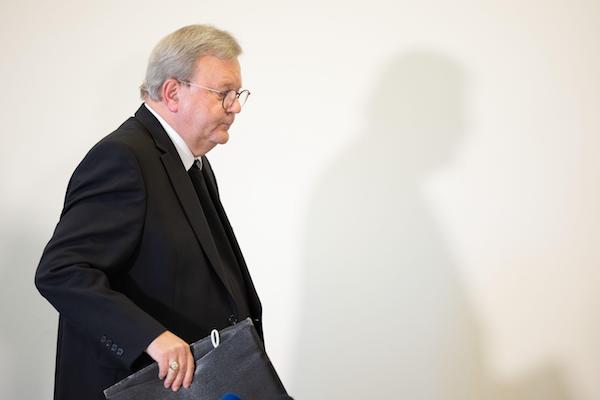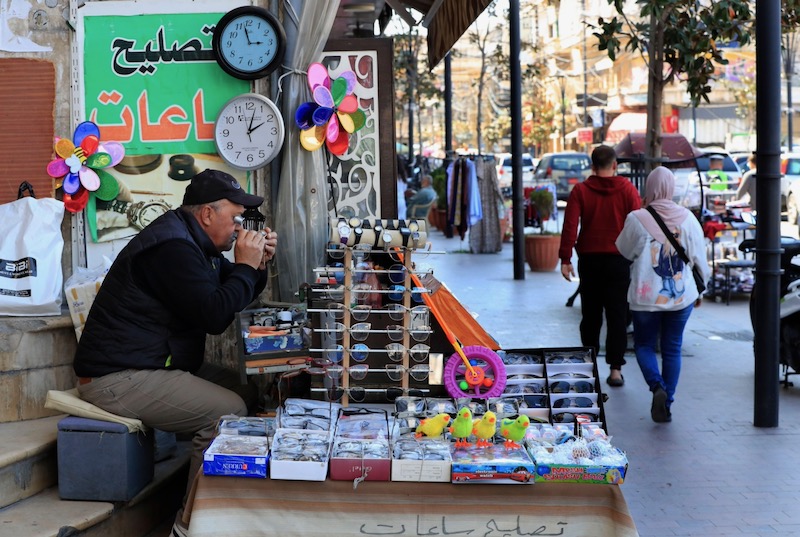Lebanon woke up to two time-zones last Sunday following a surprise announcement that the country would not follow daylight saving time (DST) for another month, sparking controversy, mockery and religious tension.
The caretaker prime minister, Najib Mikati, said Lebanon would not move its clocks one hour ahead until the end of April, in a decision regarded as a move to support the Muslim population fasting during the holy month of Ramadan.
The last-minute decision, made between Mikati and the parliament speaker Nabih Berri, caused widespread confusion and a logistical headache among the population while also redrawing divisions between the country’s Islamic and Christian authorities.
By Monday, after a widespread backlash, Mikati reversed the decision and announced Lebanon would officially join daylight saving time overnight on Wednesday 29 March.
Lebanon’s influential Maronite Catholic Church, which represents around half of the population, and other Christian churches and institutions had decried the government and moved their clocks forward by an hour to schedule all prayers, Masses and celebrations in alignment with DST.
The Maronite patriarchate, headed by Patriarch Bechara Boutros al-Rai, called the decision “improvised” and said it was “causing confusion and damage at home and abroad”.
Other businesses, schools and local media outlets also followed suit, citing the technical chaos of reversing the switch, while some news stations took the action “to protest the decision of the prime minister”.
The Greek Orthodox Metropolitan of Beirut, Elias Audi, during his Sunday sermon, said the issue had “turned into a sectarian discrepancy in matters that have nothing to do with religion and sects … Isn't it better for officials to care about how to get out of the disaster that they inflicted on the country instead of creating a commotion about changing the clock?”
Lebanon is in the midst of a four year long economic crisis, labelled by the World Bank as one of the worst globally since the mid-19th century.
Three-quarters of the population have become impoverished while the national currency has lost 98 per cent of its value, causing hyperinflation and a collapse in basic services. A political impasse has also accelerated the economy's decline.
The timing squabble was regarded by many as exemplary of long-standing incompetence of a ruling class incapable of addressing more pressing matters. The dispute also served as a reminder of Lebanon’s fragile Islamic and Christian constitutional makeup which historically has triggered conflict.
However, others took to social media to make light of Lebanon’s apparent two-time zones, dubbing them “Christian time” and “Muslim time” and joking that an hour of time could be gained travelling from a Christian neighbourhood to a Muslim neighbourhood.



 Loading ...
Loading ...